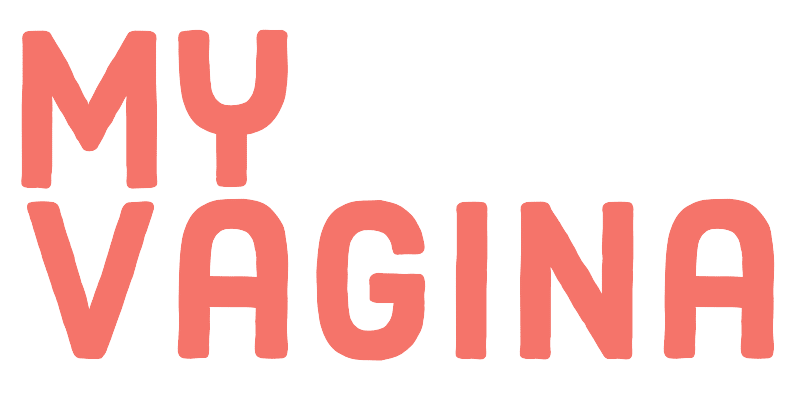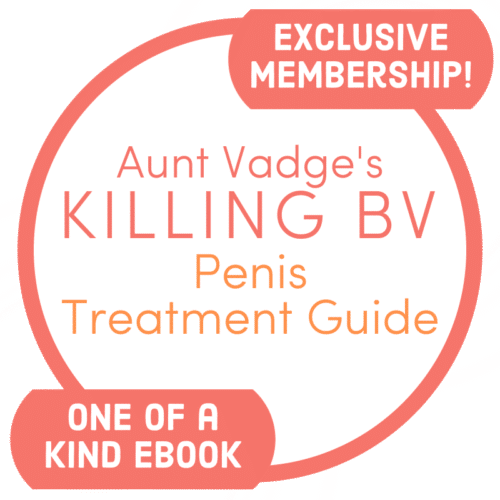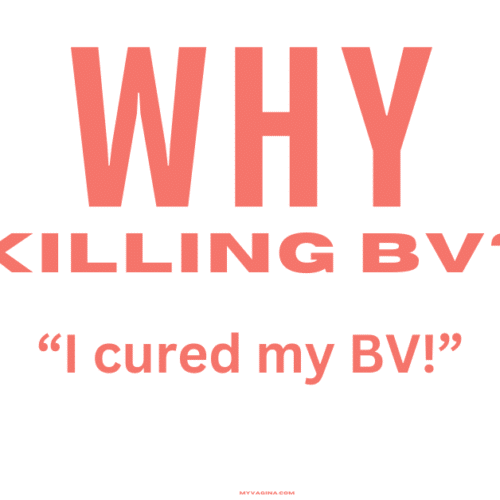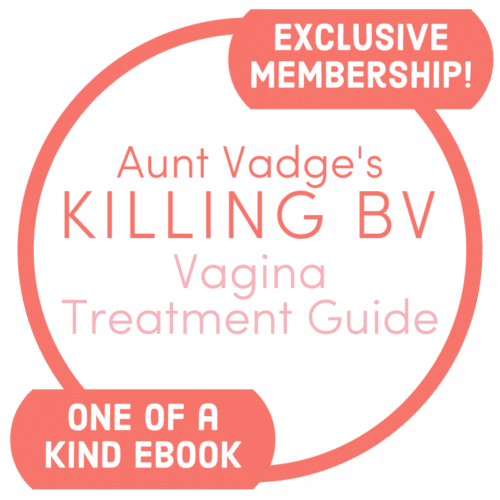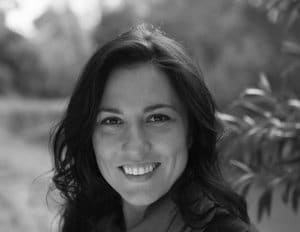The real cause of acne (plus the solution)
Are hormones the cause of our acne, diet, poor skincare habits, genes, or stress? Well, it can be some or all of these factors, but the truth is that all acne is hormonal. Hormonal conditions, such as polycystic ovarian syndrome (PCOS), diet, genes, skincare habits and stress all affect our hormones and can contribute to acne.
At the actual skin level, there are three steps to creating acne. First we need a blocked pore. This can then be colonised by bacteria, which leads to inflammation and pus.
1. Blocked pores
Pores get blocked due to:
a) Excess sebum (oil)
This is caused by excess androgen (male-type hormones) production from the ovaries and adrenal glands – the androgens stimulate the oil glands in the skin.
One of the driving factors behind excess androgen production is insulin. Insulin is stimulated by sugar, refined carbohydrates and most dairy products. Excess insulin is worsened by insulin resistance, which is a driving factor in PCOS.
b) Hypercornification (too many skin cells)
Hypercornification is a fancy word for the excess proliferation of the skin cells that line your pore. The excess dead skin cells mix with sebum, causing the pore to become blocked (known as a comedone or blackhead).
Like excess sebum, hypercornification is thought to be caused by excess androgen production. There is some evidence that fish oil supplementation may help with this, as does a daily manuka-honey mask.
Blackheads and blocked pores are annoying enough but, even worse, blocked pores turn into pimples when infection and inflammation occur.
2. Infection
Infection is usually caused by a bacteria called Propionibacterium acnes. Contrary to popular belief, infection is not caused by being ‘dirty’ or lack of washing (although gentle washing can help).
P. acnes is a normal bacteria that lives on everyone’s skin. It feeds off sebum and loves living in pores. The problem is, when there is excess sebum, P. acnes gets a little out of control. It gets trapped in the blocked pores and proliferates, causing the pore to rupture. Kill the infection with a daily manuka honey mask.
3. Inflammation
Inflammation always follows a P. acnes party. Your immune system is triggered to come and clean up the mess left by P. acnes. Inflammation (swelling and redness) is actually part of this process. Reduce inflammation with topical manuka honey, ice and refraining from squeezing.
Treatments for acne
Your doctor may offer you antibiotics. Be sure to take a probiotic alongside this if you take this option. Often the antibiotic course recommended can be months long. This can destroy your good gut bacteria, which are vital for digestive health and linked to just about every other health condition.
As an alternative, you could also see your naturopath for herbal antimicrobial treatments to break the cycle of infection – like echinacea or golden seal.
The oral contraceptive pill is often offered to treat the hormonal side of things. This worsens insulin resistance and this is why many women experience a worsening of acne after coming off the pill. Herbal and nutritional medicines from your naturopath can also be used to balance hormones. (If your acne is caused by PCOS see our book, The PCOS Solution.)
Roaccutane is a treatment supposedly reserved for severe cases of acne and yet is often offered also for mild (but stubborn) cases. It is a drug that should be very carefully considered as it has been linked to liver damage and scarring, unremitting depression, inflammatory bowel disease and joint pain.
It also causes severely dry skin and cracked lips, and birth defects if pregnancy occurs while on the drug. Before commencing this drug do your research and consider consulting with your naturopath to see if a more aggressive natural approach can be tried first.
Diet. The best thing you can do for your acne is cut all sugar, refined carbohydrates and dairy out of your diet for at least two months. Replace these with lots of vegetables (between five and seven serves per day, where one serve is half a cup) and some fruit (two pieces per day). If you don’t see a huge difference see your naturopath for further guidance.
